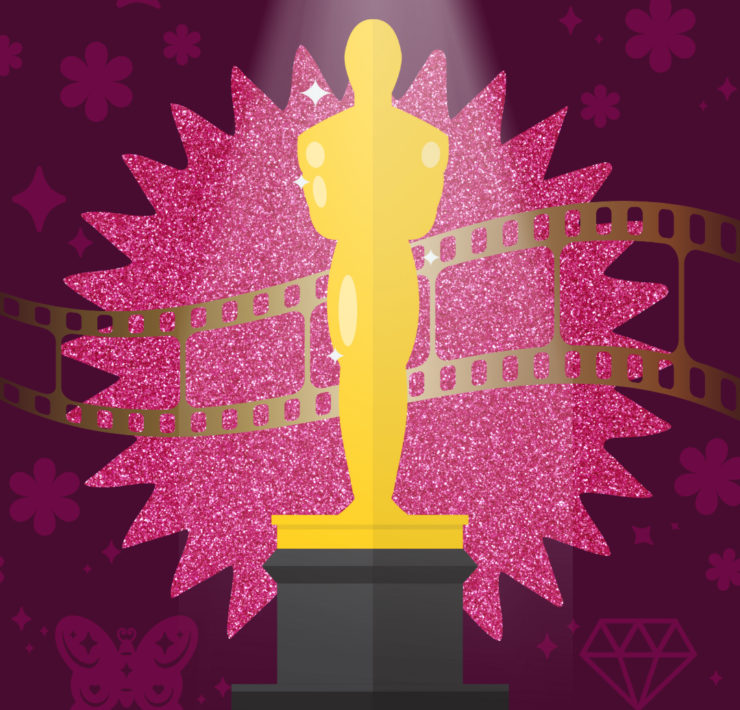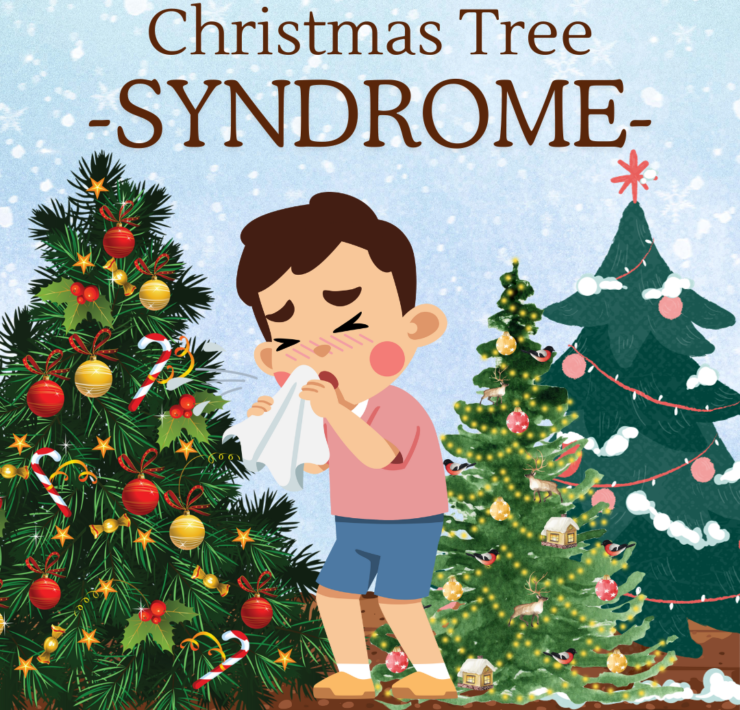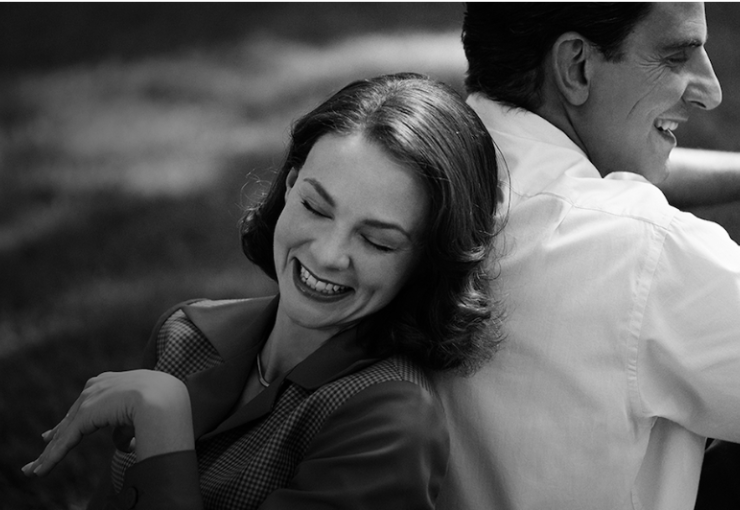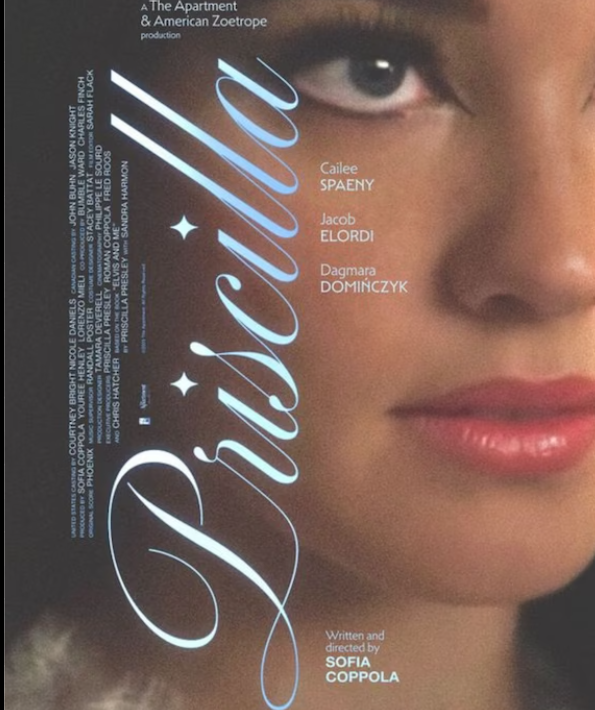Opinion: Five Books I Picked Up Over Quarantine and Couldn’t Put Down
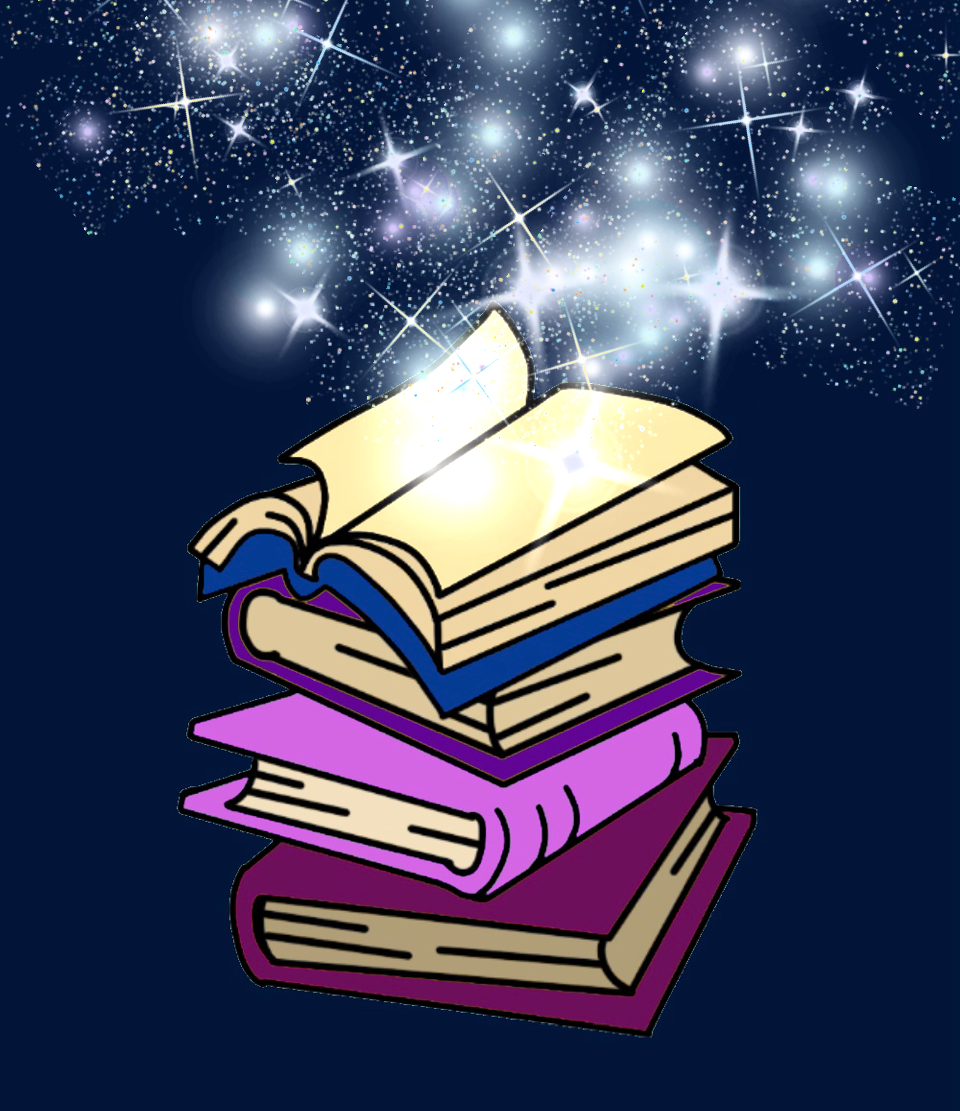
If you, like me, were an avid bookworm in elementary school, then you have probably had this thought at least once in the years since: “What happened?”
At one point in your youth, you might have consumed one good book per week, but at a later point, you stopped reading—almost entirely, even. You may have been quick to blame your lost passion on school: reading was fun, but as an assignment, it was a chore. Of course, I speak from experience.
But when quarantine struck, I found myself plagued by boredom. Since I had the chance to pick up stories I was actually invested in, why not read? Here are my thoughts on five, all-consuming books that kept me busy during quarantine, and that will hopefully pique your interest.
- “Never Let Me Go” by Kazuo Ishiguro
When I first began my quarantine reading marathon, surprisingly, I found myself dissatisfied with young adult fiction, whether it be fantasy or romance. Coincidentally, “Never Let Me Go” is a great start for those who are wanting to shift away from YA and delve into fiction that may have more to offer.
Set in a dystopia—although it isn’t exactly clear as to how it’s a dystopia until you’re already deep into the story, at which point my jaw fell all the way open—this novel is primarily composed of recollections from the protagonist Kathy’s early life. She details her childhood at a boarding school known as Hailsham, isolated in the English countryside, followed by memories of her teenage years. While the story begins and ends with adulthood, the flashbacks are instigated by the reentrance of her childhood friends, Ruth and Tommy, into her life.
“a Gothic tour de force.”
New york times review – Michiko Kakutani
This book won the Nobel Prize in Literature, and it’s no mystery as to why: it is a profound novel that speaks to something intrinsically human inside of its reader. In a review for The New York Times, Michiko Kakutani praises Ishiguro’s “masterful narrative control” and “virtuoistic use of understatement”; the ending of the story is “a Gothic tour de force.”
The writing itself reads like a pleasant memory, leaving you thoroughly torn apart—in a good, cathartic way. If you are someone with a penchant for slow-burning and bittersweet tales, then you should definitely give this one a try.
- “Dark Places” by Gillian Flynn
If what you want is a fast-paced, complex psychological thriller, look no further. Spread across two timelines, “Dark Places” follows three characters: Libby, Patty and Ben Day. Decades after the 1985 killing of the Day family, Libby—sole survivor of the massacre—is approached by the “Kill Club,” whose members believe that Ben was wrongly convicted of the murders.
Initially, the promise of money is what sends Libby on her hunt for the truth, but eventually, she finds herself on an intense pursuit to set her brother free. Although she is selfish, bitter and occasionally violent, sympathizing with her as she searches for closure comes to be too easy. Meanwhile, flashbacks through the perspectives of Ben and the siblings’ mother Patty tell the story leading up to the night of the murders.
As the title implies, this book is dark. If you can’t handle the worst of “Criminal Minds,” it may be better if you skip this title, although if you can stomach it, “Dark Places” is riveting, twisty, and a definitive page-turner. Flynn’s writing is like a whip; even the opening lines seem to slam right into you: “I have a meanness inside me, real as an organ. Slit me at my belly and it might slide out, meaty and dark, drop on the floor so you could stomp on it.”
From the mystery of the killings to the characters trying to solve it, each part of the story helps to create a compelling thriller that I recommend to anyone who is not of the faint of heart.
- “Warchild” by Karin Lowachee
I would describe it as a hidden gem.
Winner of the Warner Aspect First Novel Award, “Warchild” is easily the most obscure book on this list. Set in humanity’s distant future, it is a space opera following the protagonist Jos Musey after his homeship is attacked by merciless pirates. Meanwhile, there is an ongoing war between humans and this universe’s alien species, “strits.”
The beginning section of the novel is told entirely in a second-person point of view, drawing you deep into the headspace of an 8-year-old boy whose entire life changes when pirates take him captive and enslave his friends. Although Jos is eventually rescued by an alien sympathizer, he soon faces another challenge: his new mentor wants him to become a spy for the strit side of the war.
Kevin J. Anderson, coauthor of “Dune: House Corrino,” calls “Warchild” a “remarkable and powerful first novel…An outstanding debut.” I would describe it as a hidden gem. Lowachee’s writing is intense and immersive, including brilliant characterization that emphasizes how much Jos has been through and where his loyalties conflict. If you enjoyed the high-stakes military setting of Orson Scott Card’s “Ender’s Game,” then “Warchild” may just be your newest sci-fi fix.
- “My Year of Rest and Relaxation” by Ottessa Moshfegh
Ironically, this is a story about self-isolation. “My Year of Rest and Relaxation” takes place in New York City just before 9/11, and features a beautiful, but apathetic narrator—who is never named, immensely privileged, and on a quest to sleep for an entire year under the influence of prescription pills. With the help of her blundering psychiatrist, she will get pretty close, offering merciless commentary on her life along the way.
In a review for NPR, critic Heller McAlpin praises Moshfegh’s ability to spin “provocation into fascination, and bleakness into surprising tenderness.” According to The New Yorker’s Jia Tolentino, the reading experience compares to “eating bright, slick candy—candy that might also poison you.”
This novel is not for everyone, especially if you prefer YA fiction. However, in spite of its more absurd aspects, “My Year of Rest and Relaxation” is darkly funny and bizarrely real. Mainly, I recommend it for Moshfegh’s stunning depiction of mental illness, which manages to capture the dull, endless nature of depression in a way I haven’t seen anywhere else.
The novel features well-crafted characters, colorful descriptions, and a unique, compelling premise. While the ending is not necessarily happy, it is haunting and hopeful; after her slumber is forced to a stop, the narrator finds herself moving on, understanding what it means to live life wide awake.
- “Little Weirds” by Jenny Slate
Does that name sound familiar? Comedian and actress Jenny Slate wrote this book, which is an appropriately titled collection of personal essays. Although it is nonfiction, Slate’s writing is magical and casually enlightening: “As the image of myself becomes sharper in my brain and more precious,” she writes in “A Prayer,” “I feel less afraid that someone else will erase me by denying me love.” Later, in “Kinship,” she confesses that she would rather live with a tender heart, because “that is the key to feeling the beat of all the other hearts.”
Its many stories read like a surreal combination of self-help advice and half-remembered dreams
These are the kinds of truths that make “Little Weirds” worth reading. Ultimately, the collection is a glimpse into the mind of someone who has finally learned to be secure with herself in the midst of turbulent times, both post-divorce and post-presidential election. Its many stories read like a surreal combination of self-help advice and half-remembered dreams; as a whole, they boast not-so-weird messages of love, vulnerability and self-acceptance.
Full of passion and hope, “Little Weirds” is a good, fun read with the potential to make you feel a little less alone. It’s meant for those of us who want to become more lighthearted, mindful and accepting, even if the journey is—well, a little weird.
Ida Mobini is a former staff writer for The Talon since its revival. They enjoy reading, writing, and playing music. They also contribute to Del Norte's literary magazine The Featherlist.
Nicole was the former Editor-in-Chief of The Talon. In her free time, she takes care of her two pet turtles. If you have any book recommendations, let her know.


